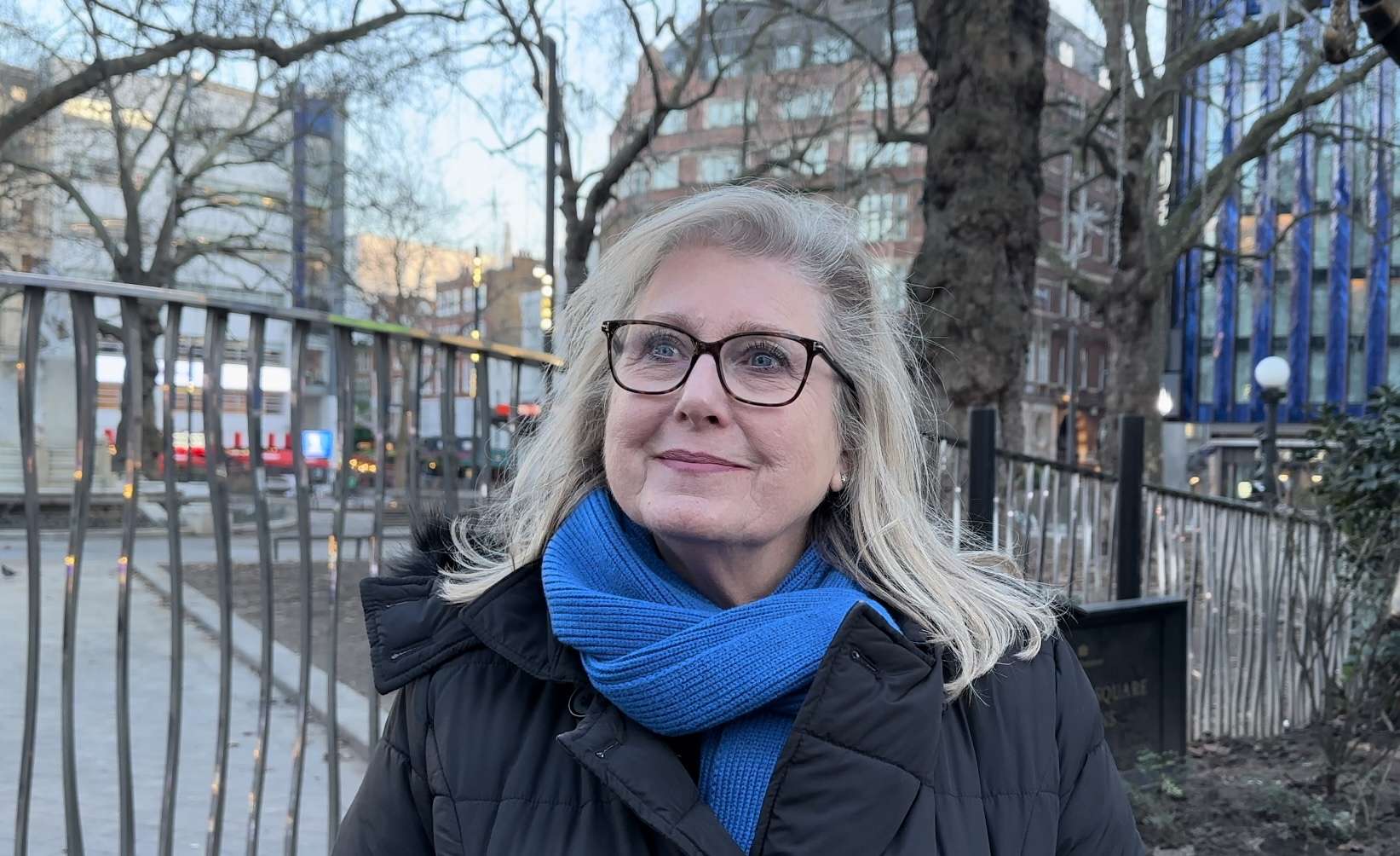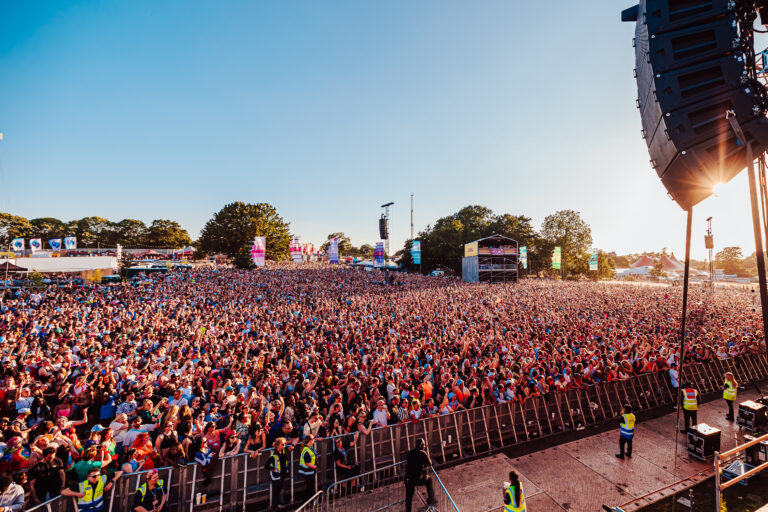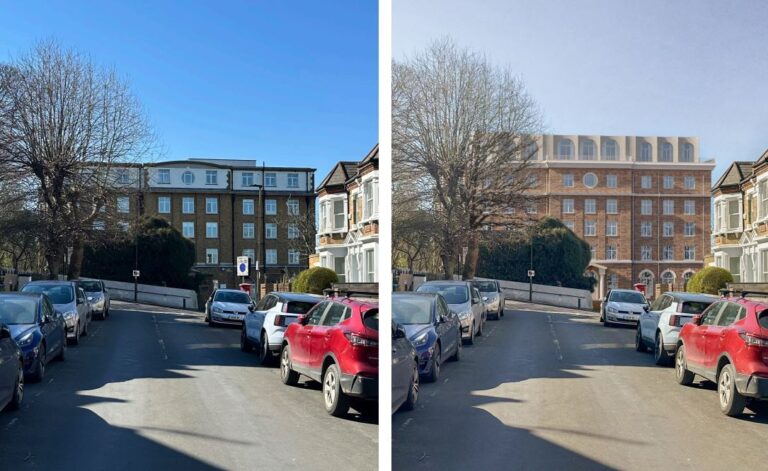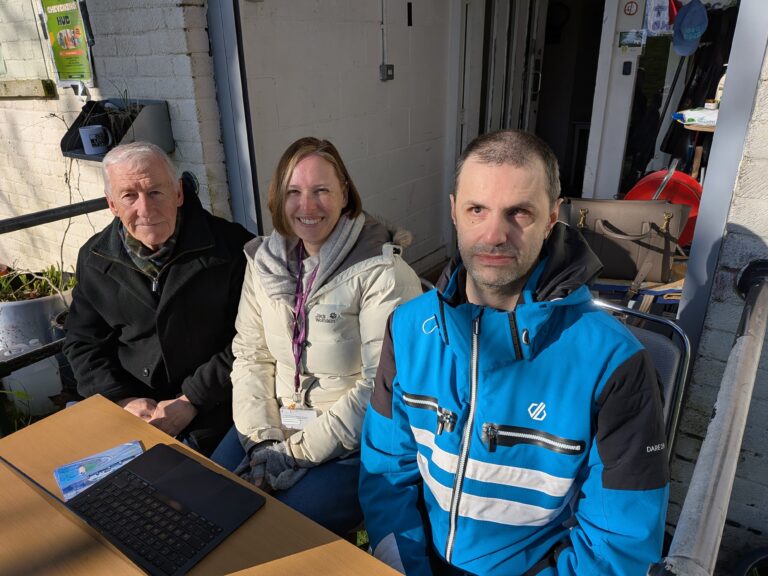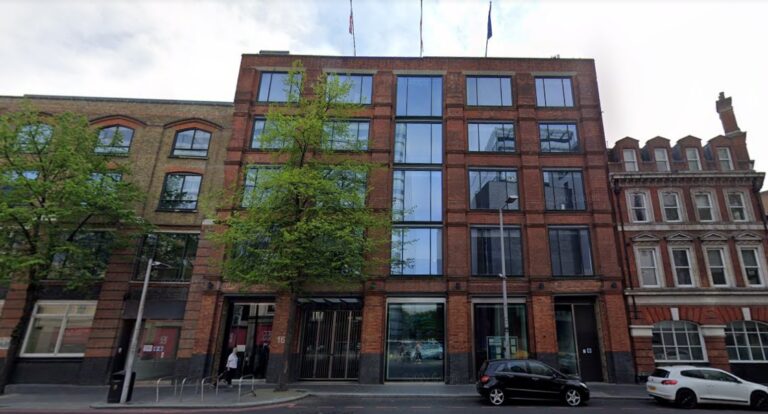Sadiq Khan and his Tory rival Susan Hall have clashed over the fact that a record low number of new homes got started in London in the last months of 2023.
The latest Government data shows that between October and December last year, work began on just 580 new homes – the lowest number since quarterly data started in 1990.
Greater London’s figure is the lowest for any region in England and was an 86 per cent reduction compared with the equivalent quarter of 2022.
Although every region was hit by a national downturn in house-building in the latter half of 2023, the only other region to have hit a record low in that last quarter was the South East. But at 2,720 homes started, the South East still managed to begin construction on almost five times as many homes as London.
Despite the fact that the statistics are “provisional” at this stage and “subject to scheduled revisions”, it illustrates the scale of the challenges facing the sector.
In London, Conservative mayoral candidate Susan Hall suggested that Labour mayor Sadiq Khan had contributed to the low number of starts.
She pointed out that according to City Hall’s figures, work has only started on a tiny percentage of the homes he promised under his latest affordable homes programme.
As of September last year, the percentage of completed homes under that scheme stood at just 2.8 per cent. The mayor’s team blamed the Government for delays in signing off funding for the programme, and promised that the delivery of homes would “ramp up” over the coming months.
Ms Hall said: “It’s a complete shambles, and he won’t listen. I am listening to Londoners, which is why I will build more family homes that people can afford, by cutting the bureaucracy in Sadiq Khan’s failing London Plan.”
Asked whether he accepted any responsibility for the low number of homes started in the last quarter of 2023, Mr Khan said: “The Home Builders Federation (HBF) have said across the country, [we could see] the lowest number of homes being started since the Second World War.

“We know in London, only at the end of March, did [Housing Secretary] Michael Gove finally give the guidance for those buildings with a second staircase requirement above 18 metres.
“A lot of our buildings – the new starts – are the taller buildings, and that certainty from the Government only came in weeks ago, so it’s hardly surprising there have been so few starts.
“What we need though is not just my re-election on May 2, but a change in Government, so we can have certainty and stability and more homes built in London.”
The HBF’s warning about a post-war low for housebuilding was issued by the organisation in February 2023, and was a prediction concerning housing supply over the next few years if certain potential policy changes occur.
House-building in the 2022/23 financial year, which does not include the latest ‘provisional’ data, was high by recent standards – standing at about 174,000 new homes started across England. This compares with an average of roughly 153,000 new homes begun each year over the last decade.
New Government regulations requiring buildings taller than 18m to have second staircases were announced last year, but were only set out in detail on March 29 this year.
Mr Khan had previously accused the Government of “dither and delay” over those details, arguing that uncertainty over how the new regulations would be applied was causing housing projects in the capital to stall.
Among the 580 homes started in London at the end of last year were just 60 housing association homes. A further 90 were being built by local authorities, and the remaining 430 by private developers.
Andy Hulme, chief executive of the housing association Hyde, said: “We currently have record numbers of homeless children and households living in temporary accommodation.
“The evidence is clear that London is in the grips of an appalling housing crisis which is paralysing millions of people and forcing them to put their lives on hold because they cannot find a suitable, affordable home.
“Sadly, this situation is set to get worse and not better in the short-term. As a social housing charity that is working hard to build homes, things are harder without a long-term plan from Government for affordable homes.
“High inflation, high interest rates and global economic headwinds of the last few years means we are seeing big falls in the supply of affordable housing at precisely the time when we need the number of affordable housing starts to increase to help meet demand.”
In a call for action, Mr Hulme added: “In the next settlement for social housing rents, it is vitally important the Government delivers long-term certainty to help us unlock additional private sector investment with a ten-year, index linked settlement. Investors making long-term investment decisions need assurances and funding commitments from national government.
“We need Government funding to work smarter to create a stable environment so we can maximise investment to deliver more of the homes this country desperately needs.”
Responding to Mr Hulme’s comments, a spokesman at the Department for Levelling Up, Housing and Communities said: “Through our long-term plan for housing, we are investing £11.5 billion in the Affordable Homes Programme and remain on track to build one million over this Parliament.
“Last year saw the highest year on record for affordable housing delivery, with a 12 per cent increase in starts to the previous year and since 2010, we have delivered over 696,100 new affordable homes, including over 172,600 homes for social rent.
“We’re working closely with house builders and the wider sector on our long-term plan for housing to deliver more affordable homes to rent and buy across the country.”


